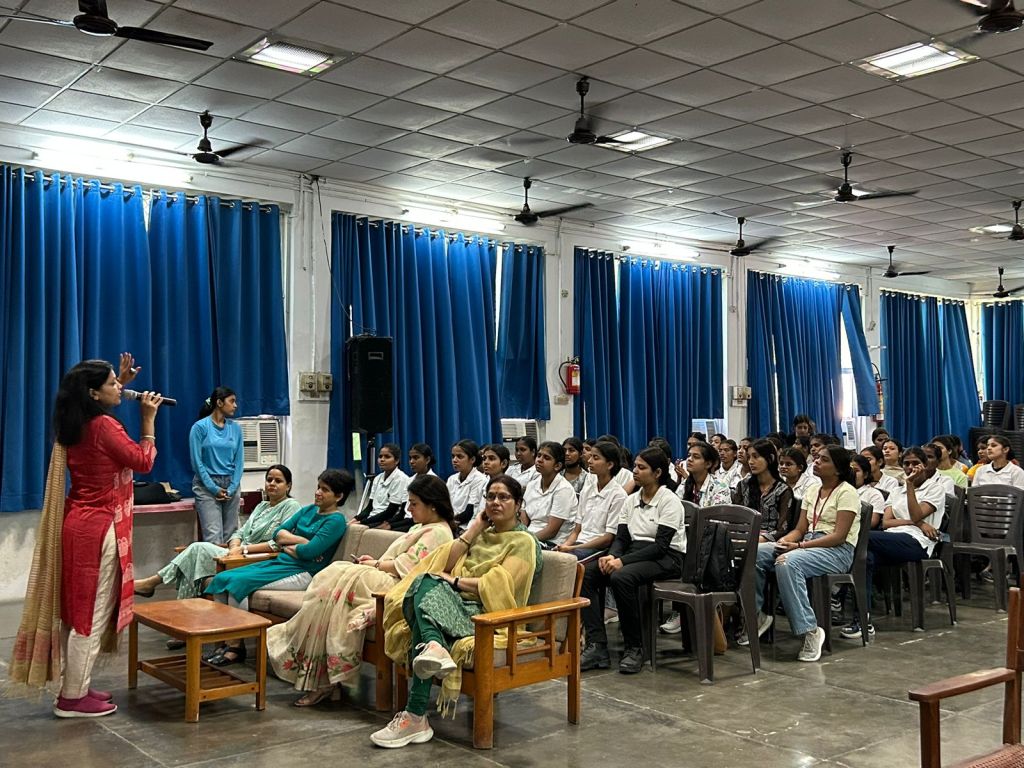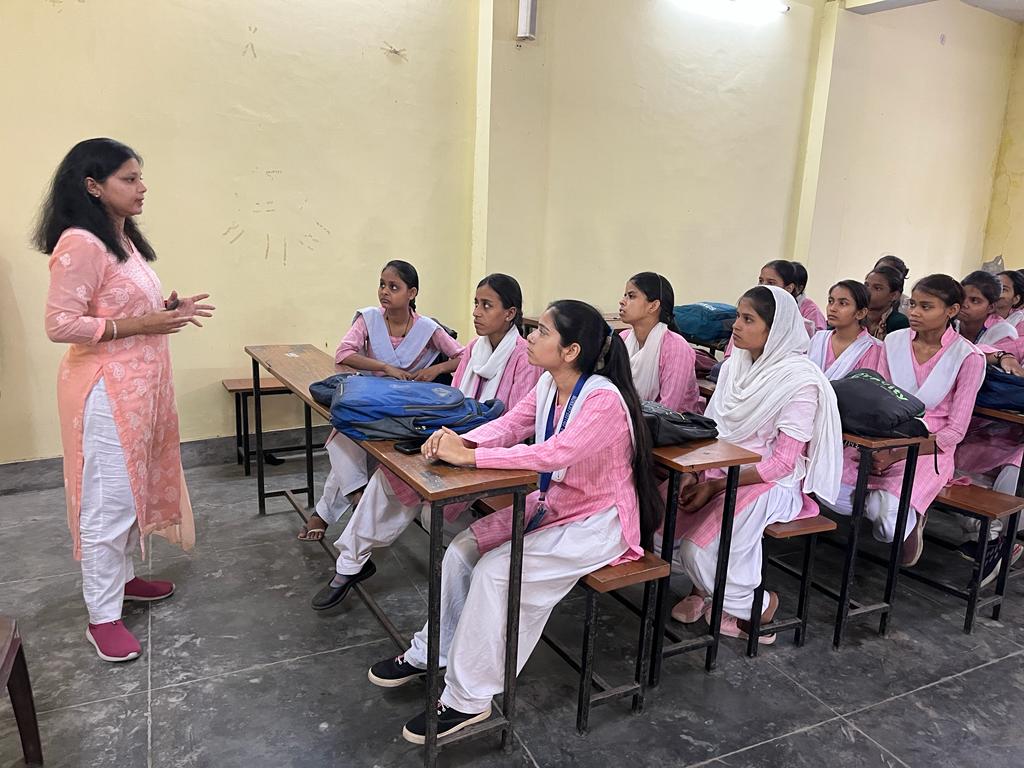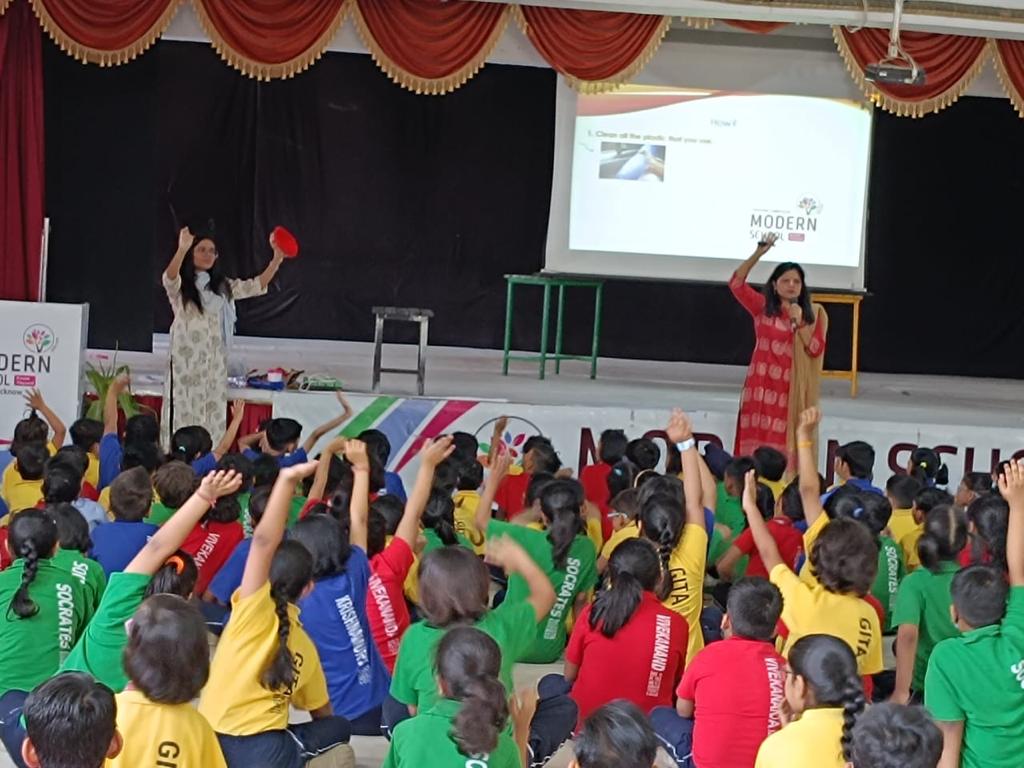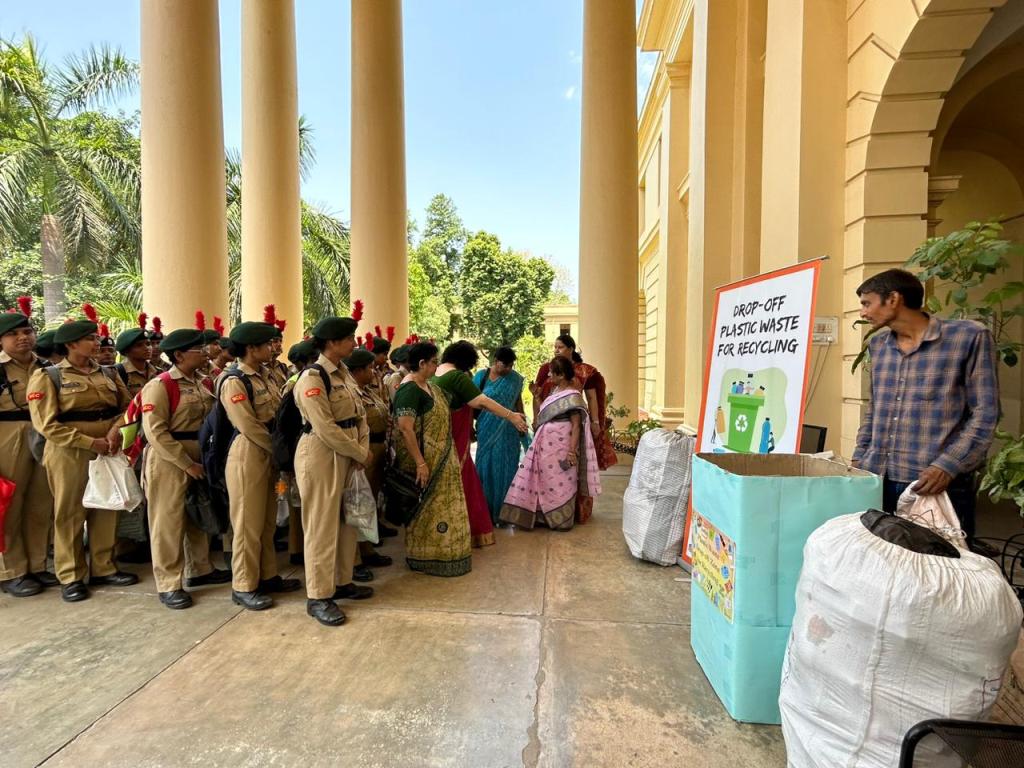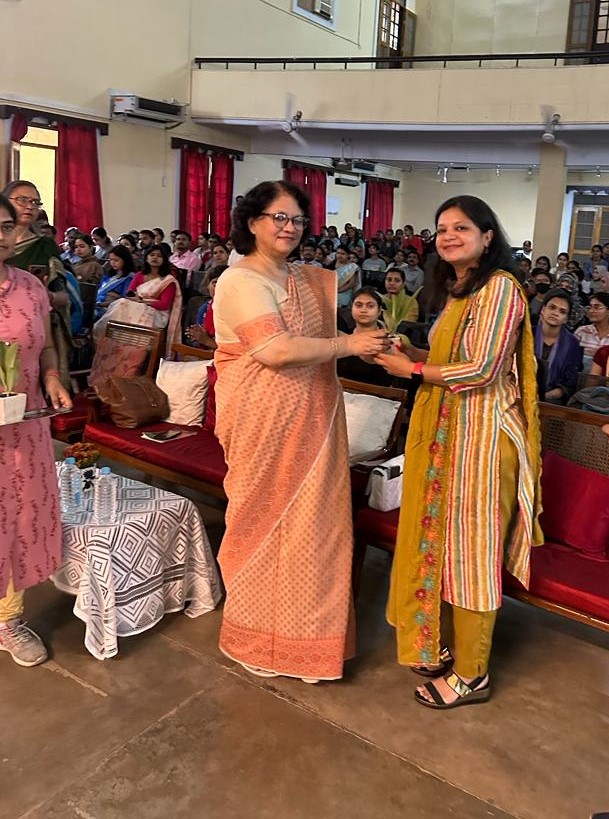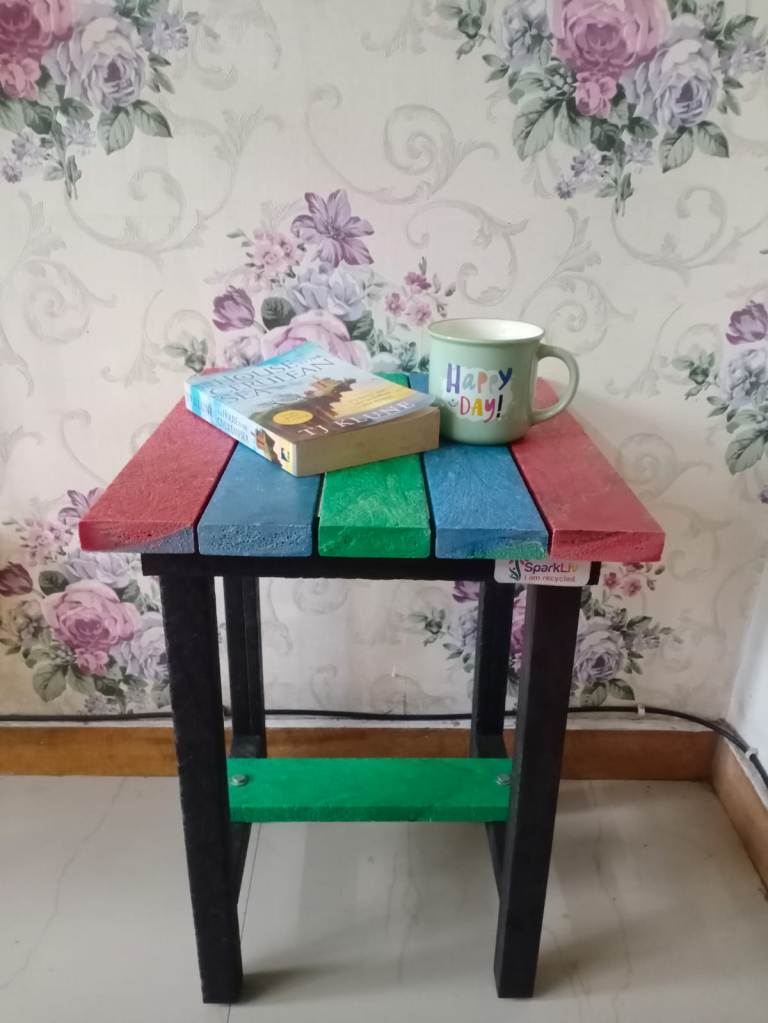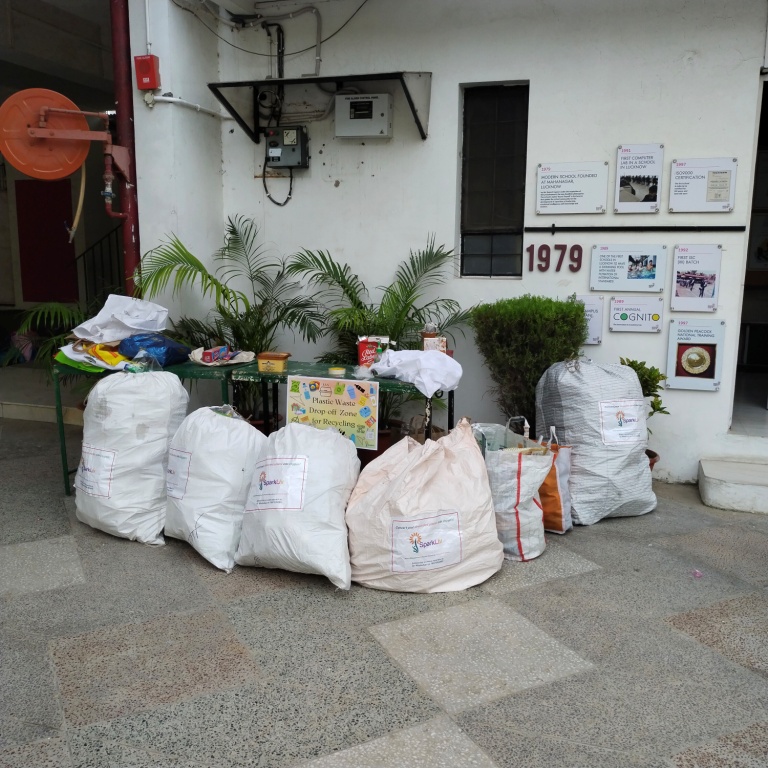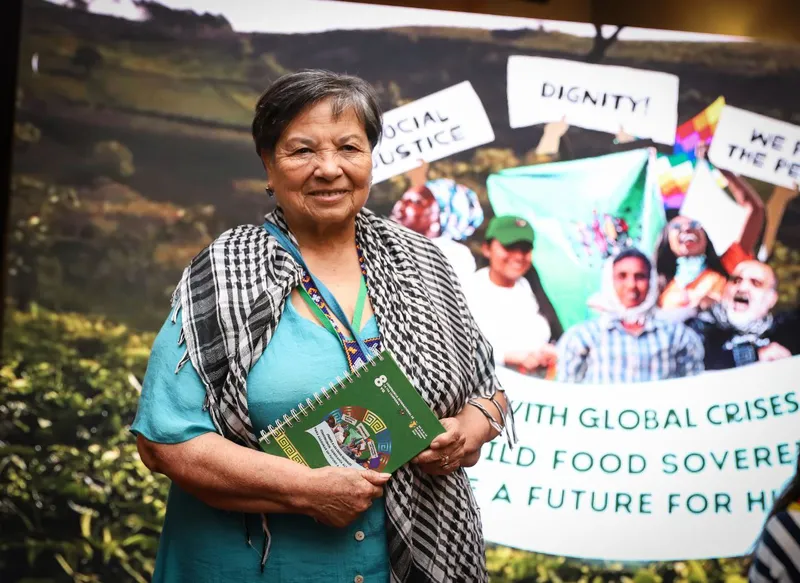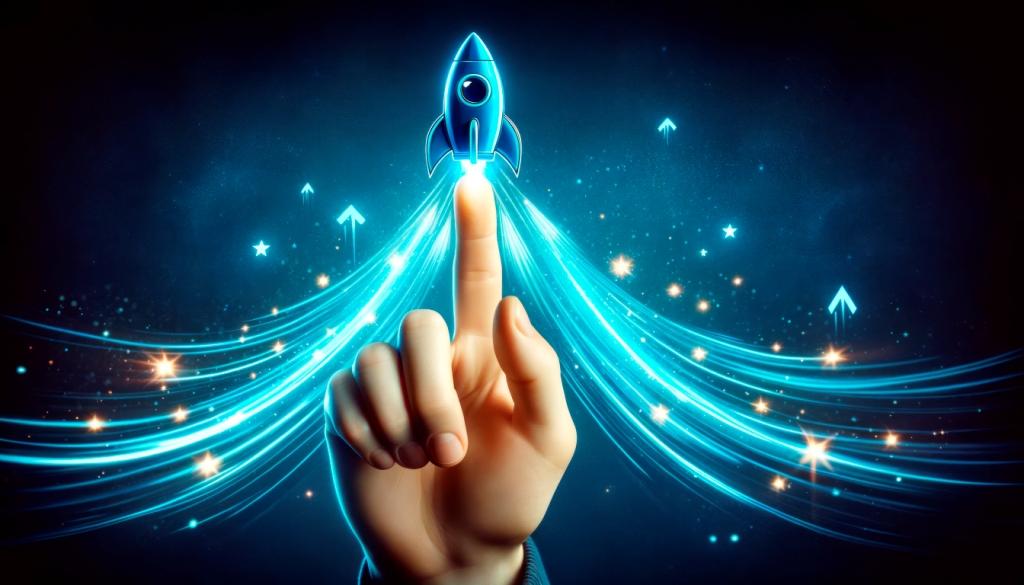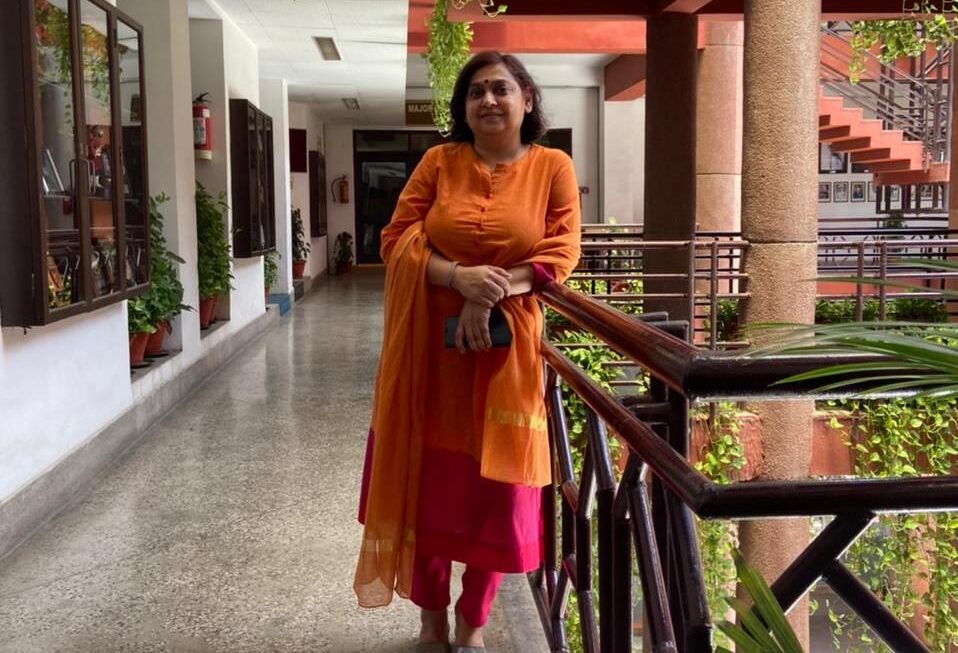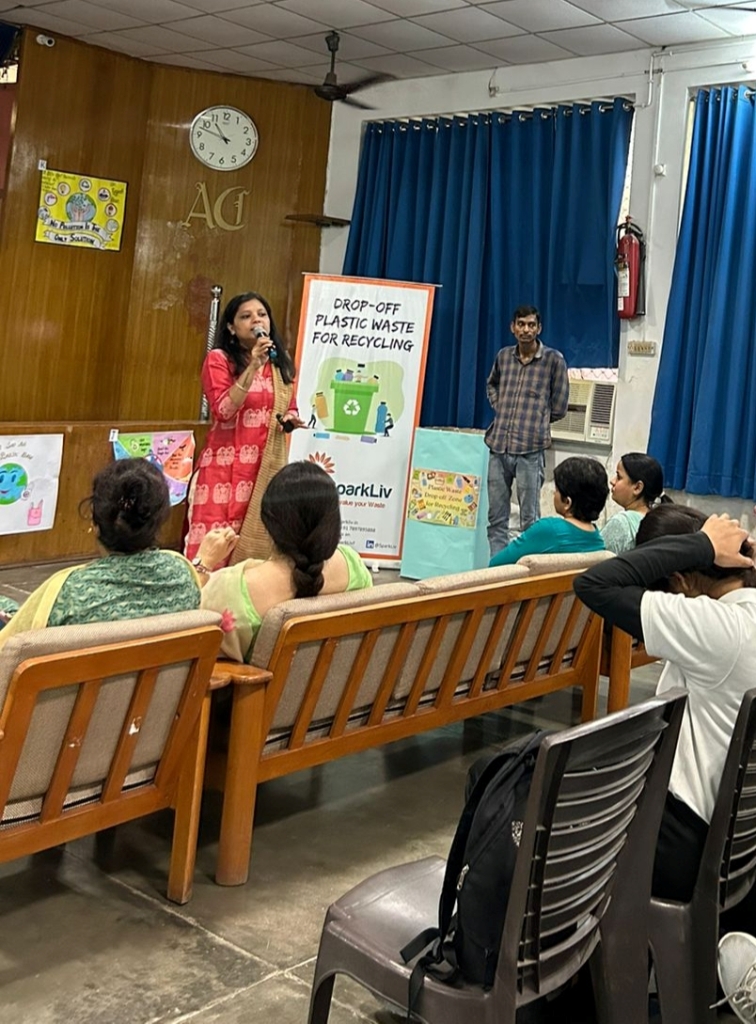
WS. Can you tell us about your background and what inspired you to start SparkLiv?
- I did my MBA in HR from Pune and have worked in HR capacity for 10 years at Aditya Birla group handling different roles. I am certified in conducting behaviour change workshops from Imperial College of London and on effectively handling Municipal Solid Waste from EPFL Switzerland.
- During Covid pandemic, I and my better half, Priyank, had this realisation that while everything was on hold, waste was still being generated in large amounts by each one of us. Further observation made us realise that waste can be recycled effectively only if it is segregated at source. When we started segregating our own waste, we also realised that while plastic was the second highest waste type in our bins after paper, there was no plastic waste taker because of its low value and unavailable recycling options.
That’s when SparkLiv was born.
What is the mission of SparkLiv, and how does it align with your personal values?
- SparkLiv’s mission is to run a socially, environmentally and economically viable upcycling model, by hand-crafting products from plastic waste collected directly from consumers, and creating a market for these products among people who believe in sustainable living.
- I personally believe that each one of us has a responsibility towards our surrounding and SparkLiv helps me in spreading this message around.
What are some of the biggest challenges you have faced in the plastic recycling industry and what innovative solutions has SparkLiv implemented?
- While it is still early days for me in this industry, one challenge I face is the ‘mindset’. It is difficult to inculcate the habit of segregating clean plastic among the waste generators because people think that waste is government’s problem and we don’t have any role to play.
- SparkLiv has designed behaviour change workshops, campaigns and programs for schools, colleges, housing societies, offices and hotels wherein they are not only sensitized but are given hands-on activities which helps in building a responsible habit towards their own plastic waste.
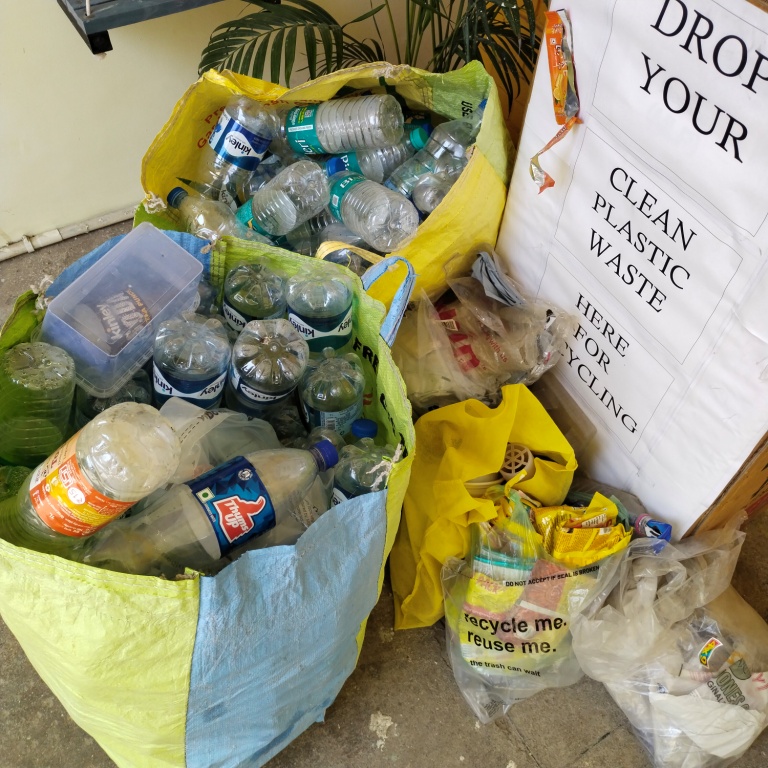
Can you share some of SparkLiv’s most significant achievements and milestones so far?
- Achievements/Milestones achieved
- Conducted offline/online behaviour change workshops for 8000+ students and citizens of Lucknow, Barabanki, Bangalore and Goa.
- Created 7 drop-off centres in prominent areas of Lucknow and diverted 2000 kgs of plastic waste in last 1 year.
- Designed and hand-crafted upcycled products weighing from 200 grams to 32 kgs.
- Sold 100+ upcycled products through online/offline channels.
- Funded by Start-up India
- Recognised as one of the top startups by Headstart Network Foundation.
- Incubated at AIC – Shiv Nadar University (Gr NOIDA), Wadhwani Foundation (Bangalore) and IRMA SEED (Anand)
Could you explain the process of how SparkLiv recycles plastics and the technologies you use?
- SparkLiv starts by educating on plastic waste management, collecting plastic waste through drop off centres and collection drives, cleaning and drying all the plastic once again, sorting it into different types and colors, only then the process of upcycling/recycling starts.
- We upcycle plastic through shredding, extruding and handcrafting.
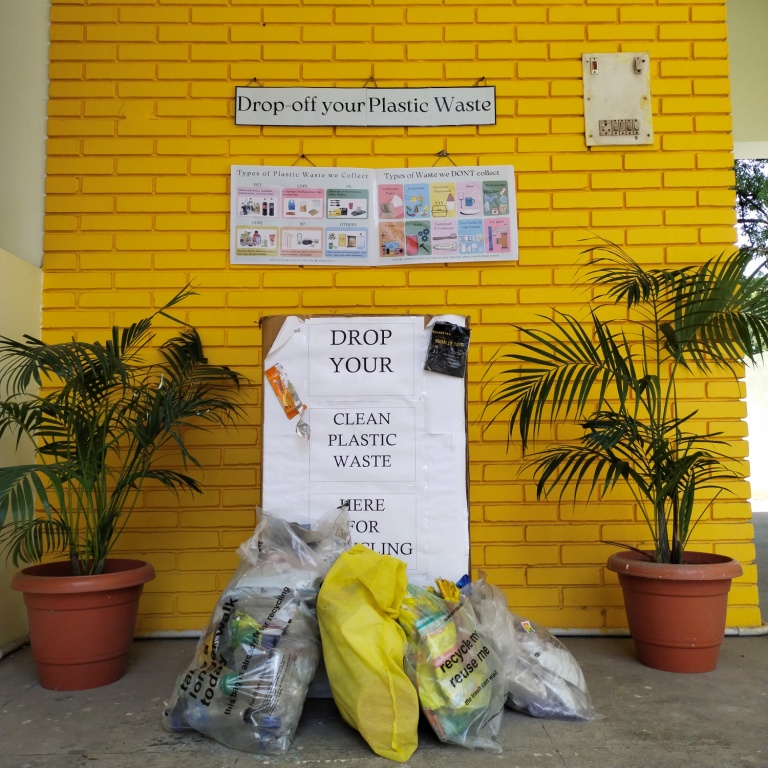
How does SparkLiv engage with the community to promote recycling and environmental awareness?
- This is done through our behaviour change workshops, plastic waste management campaigns, social media posts and organizing plastic free events.
- We promote refuse, reduce and reuse of plastic waste. If none of these can be achieved only then it should be given for recycling.
What are your future plans for SparkLiv? Are there any upcoming projects or expansions you are excited about?
- SparkLiv’s vision is to recycle all types of plastic waste so that nothing goes to the landfill and circular economy of plastic waste is created.
- Yes, we are working towards launching our upcycled products internationally by making a focussed branding strategy and we are also working on creating plastic free packaging for our products.
How do you see the recycling industry evolving in the next five to ten years, and where does SparkLiv fit into that vision?
- Currently India (and majority of the World) is using mechanical methods for plastic recycling. In next 10 years, I believe recycling will happen through chemical process in which the polymers are separated/extracted from the discarded plastic and then used again.
- SparkLiv will gradually align to this vision and will keep working to create a social impact on this severely increasing problem.
What advice would you give to other women who are interested in entering the environmental sector or starting their own green business?
- I would want to give 2 advices here:
- This sector is untapped and needs lot of attention from us, we must do it for our future generation.
- The growth of businesses working in this sector is slow but the effort is totally worth it for the environmental impact it creates
Can you share a particular story or experience that has been especially meaningful to you in your journey with SparkLiv?
When people from nearby cities come over or send their plastic waste via post, it is really encouraging for us and firms our belief that we are working for the right cause.
How do you balance the demands of running a business with your personal life and well-being?
In order to take care of my personal health/well-being, I start my day early, as early as 5:15 AM and spend time with myself for 2 hours amidst nature. I also make sure I spend evenings and weekends with my family to unwind myself.
What motivates you to keep going, especially during challenging times?
The belief that hard work always pays off.
What message would you like to send to our readers about the importance of sustainability and environmental responsibility?
Each one of us will have to play a role in creating positive impact on the environment by being responsible towards the waste we generate. You can make a small start by carrying your own water bottles, saying no to polythene packets, plastic straws and disposables.

